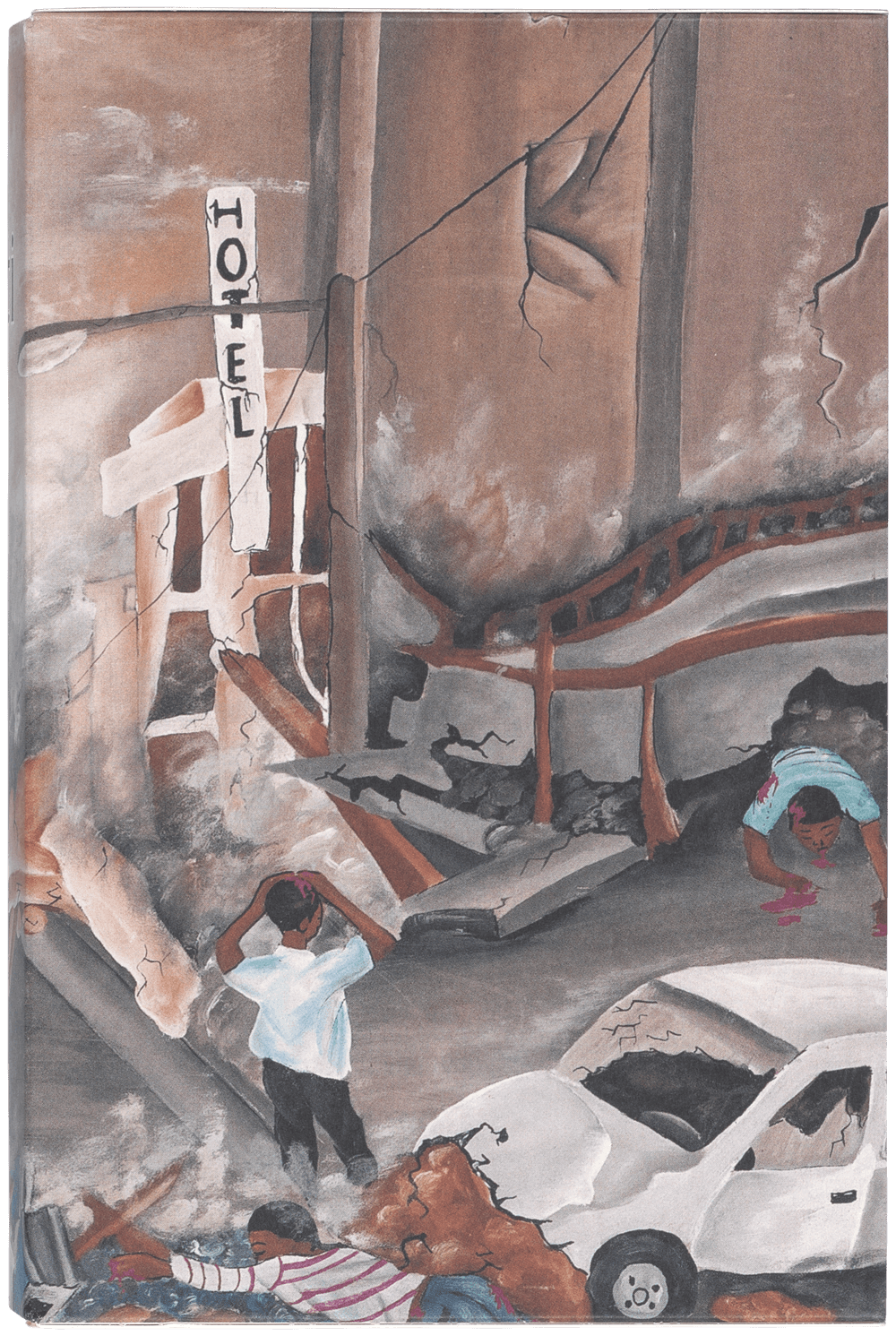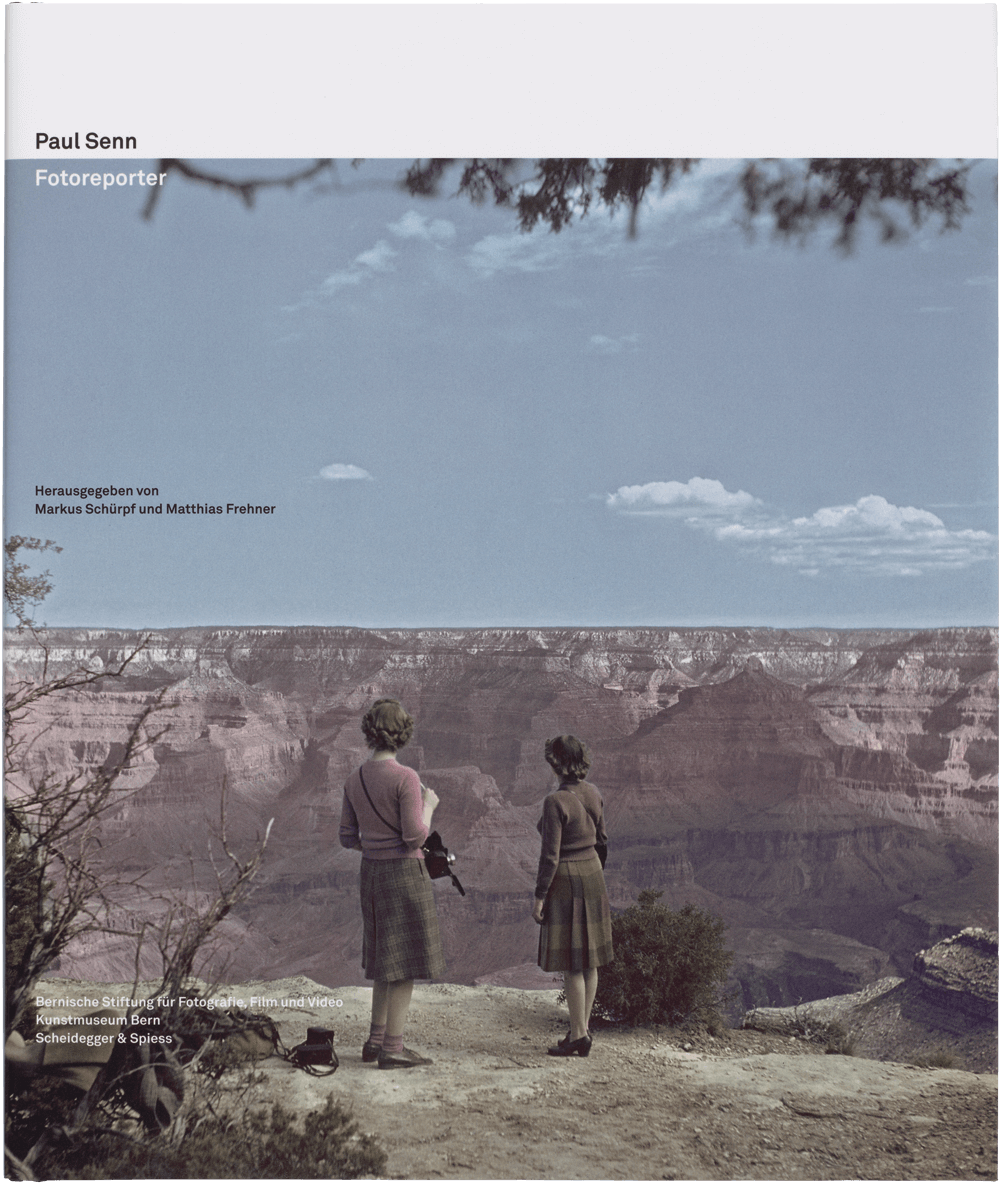
Haiti has long been known as a benighted place of poverty and corruption. Even before the 2010 earthquake destroyed much of the country, it was beset by difficulties inextricably rooted in its history of rebellion and revolution. Since gaining independence from France in 1804, following the only successful slave revolt in the history of the world, Haiti’s past has been characterized by dictatorships, serious conflict, and near-constant social and political unrest, as the country struggles to define its independence and realize its promise.
Haiti: The Perpetual Liberation collects some 140 of Kern’s photographs of Haiti, taken in black and white with an analogue camera over the course of twenty years of travel there. As these photographs demonstrate, the people of Haiti remain determined to realize the country’s promise in the face of crushing poverty and crisis; and behind the barrage of bad news that dominates the public image it is a country full of hope and life. Three separate text booklets—each in one of three languages: English, German, and Creole—feature texts by Kern on his work and approach to the country, as well as two essays by Swiss journalist Georg Brunold and Haitian novelist Yanick Lahens that provide context and commentary for the images and discuss the country’s people and culture, and its enduring political conflict.
A powerful photographic portrait, Haiti: The Perpetual Liberation shows a different, more personal, and therefore also more “ordinary” view of the troubled country that reaches beyond what we think we know about Haiti.



